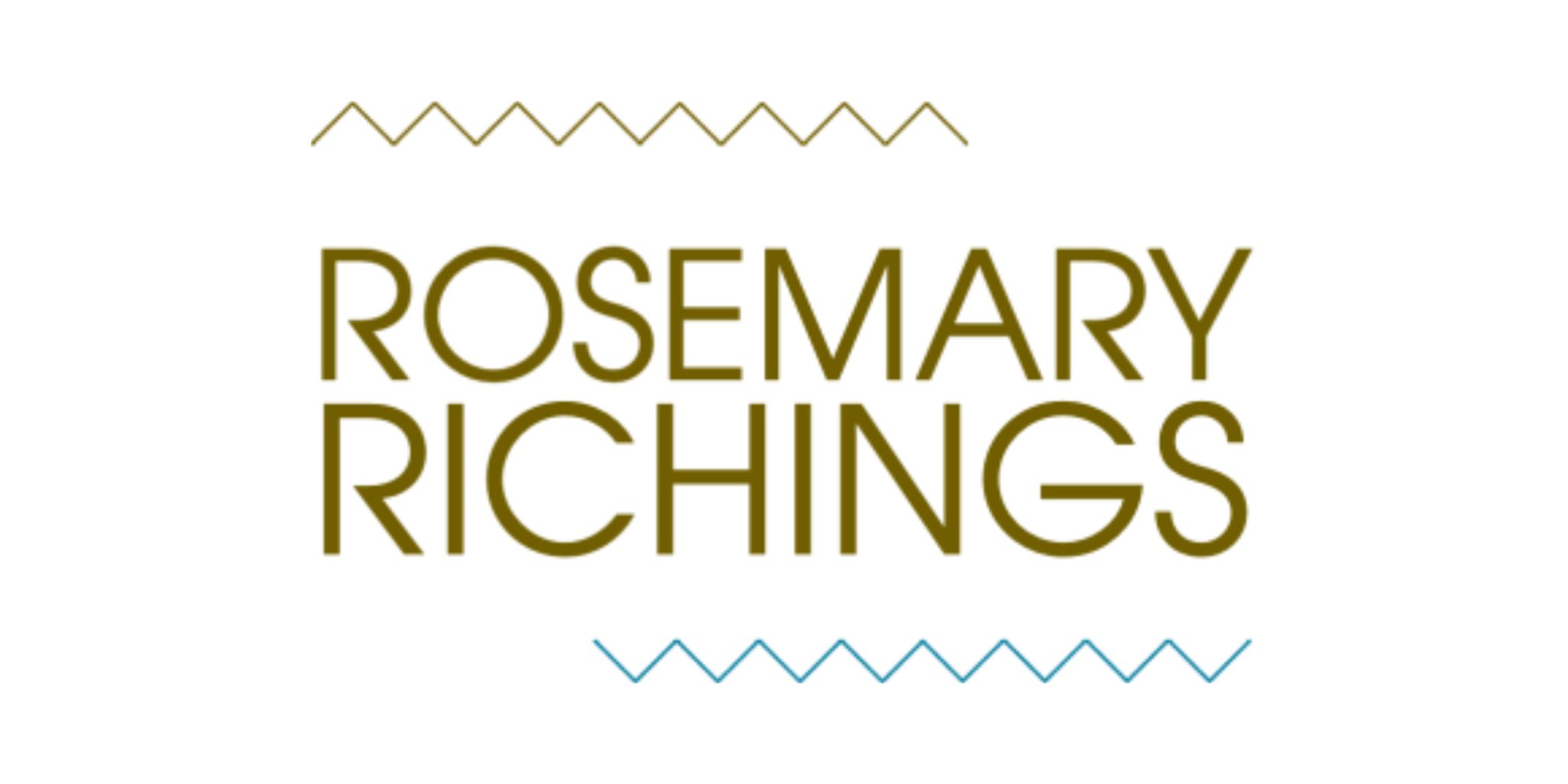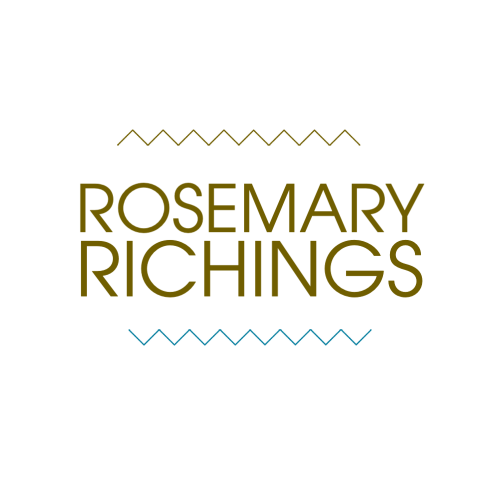Companies who blog receive 97% more links to their website. However, not everyone has the time, money, skills, or resources to blog on a regular basis, especially if you’re my typical clientele!
Busy business owners and marketing professionals often hire bloggers. Hiring bloggers is a great way for companies to give their blog the attention it deserves without having to come up with ideas on their own.
But what do you once you’ve hired your first blogger, and what can you do to make their job easier? Not to mention, what’s working with a professional blogger like anyways?
The truth is these are questions that I hear all the time because the idea of working with a blogger is often an unfamiliar and daunting experience for my typical clientele. And then they get over it, once they get the chance to read their first blog post!
If you’ve hired your first blogger, and you’re experiencing something similar then keep on reading! Today I’m going to show you how to make your first experience working with a blogger worth your time and money.

1)Communication is key
The core difference between a good content writer and a bad one is communication. A good writer will make the finished product about you, and your long-term goals. A bad writer will just start writing, and not listen to what you want.
So what can you do to make the communication process strong from the very beginning? Make sure that you know the answers to crucial questions such as your target audience, goals, needs, ideal tone, and also the names of at least a few of your competitors.
Getting to know your target market will make sure that your bloggers are meeting your expectations, and not wasting their time on an audience that isn’t interested in your work.
Although a good content writer will do their homework and get to know your company, there’s only so much that they can learn by browsing your website, social media profiles, etc.
This is exactly why you need to tell your blogger exactly what you want to get out of the work that they’re producing for your company. Otherwise, you may end up making the wrong choice, and have to either write your own content or hire a new writer.
Unfortunately, that’s a problem that’s a lot more common than you think:

2) Be Clear About Deadlines
Professional blogging and freelancing is hard work and filled with all kinds of ups and downs.
If you decide to work with a blogger, keep in mind that although they may be very good at what they do, the chances of this being their only commitment are very, very low.
Flexible hours are the most attractive selling point of freelancing so the typical freelancer varies widely, from stay- at -home moms, to students and recent grads, to world travelers, to creative people who just want the freedom to create whatever they excel at.
Don’t get me wrong, freelancers that aren’t really, really bad at what they do aren’t necessarily unreliable people. However, working with professionals with flexible hours means that you have to work around schedules just as much as you would in a regular workplace.
For instance, I’m a part-time student, so I often tell my clients my course schedule so that they know that I won’t respond to emails on specific days, in the evening.
Accommodating time zones is the hardest part but fortunately, all it takes is a quick Google Search to find out your blogger’s local time.
Let’s pretend that I’ve decided to work with a blogger in London, England, and I’m unsure if this is a good time to contact him or her. My computer automatically detects that I’m based in Toronto, Canada, and all I have to do is ask Google what time it is in London:

But what if they tell me to call them at 3pm (local time)? Toronto is part of the EST (Eastern time zone) so here’s what I need to ask Google to find out when I should call them:

Every time you work with a blogger, no matter how long you’ve been working them, always include a sentence, which says something along the lines of:
I need this project by day and time X, and I prefer format X.
This will help prevent any unnecessary stress and confusion. If a deadline is unrealistic your blogger will probably say so! If they can’t accommodate your schedule be patient and kind to your freelancer!
3) Prioritize quality rather than cost efficiency
I dislike systems such as UpWork and honestly, I have a really good reason for feeling that way.
Upwork creates this unnerving, far too popular belief that winning the project isn’t about being the best choice, but about paying project fees and being the lowest bidder.
For instance, this weekend, my significant other showed me this cool meme, which puts this point into a relatable context:

In other words, you shouldn’t be disappointed if cheap prices lead to cheap results.Why? Because trust me, you could be this guy if you’re not careful, and trust me, you don’t want to be this guy:

Instead of asking for a discount, ask the blogger that you want to work with about their rates, and research industry standard rates in your area. This is the only way to know for sure that you’re paying your blogger fairly.
If you’re still a lot more interested in getting content for free or for a bargain rate then check this out:
4) Last but not least…treat your collaborations with bloggers as meaningful, professional relationships
Although the bloggers that you’re working with are likely working remotely, don’t just treat this is something that ends once they complete the finished project.
Get to know your blogger’s available services, because even if you don’t need their help anymore with a specific project, they may be able to help you with something else in the future.
If they did a good job, write them a testimonial and/or refer them to people that you know that need help with similar projects. They’ll love you for it and will likely refer you to their friends, family, other freelancers, and anyone else they know.
You likely hired this person for a reason, so it’s important to treat your work with professional bloggers like any other professional relationship.
Over to you… have you ever worked with a professional blogger?
Is this your first time working with a professional blogger? What do you want and/or did you get out this experience? Feel free to comment in the comment section below.
By the way…
I offer freelance lifestyle blogging services so if you ever need my help, I’m only an email away!


